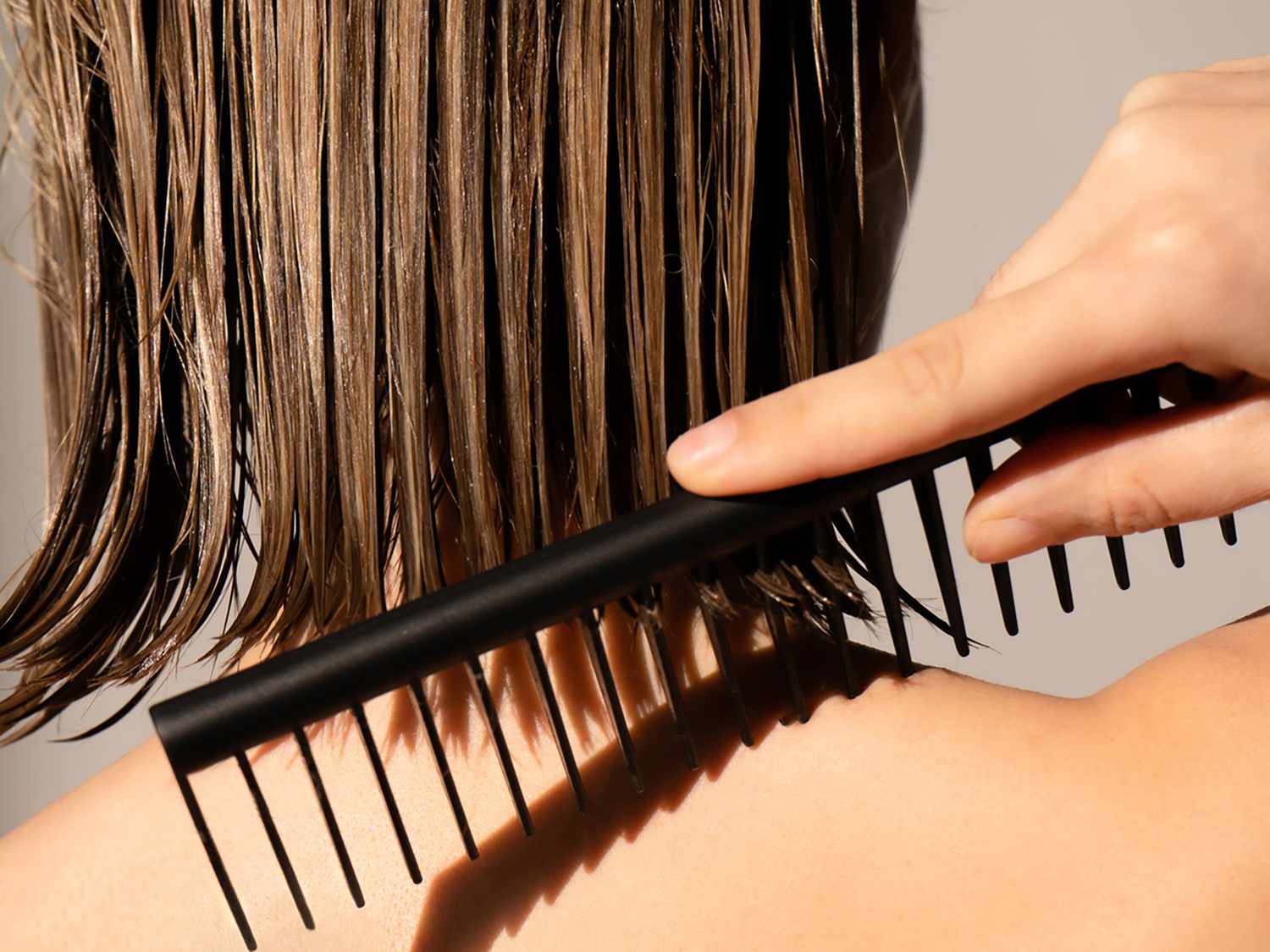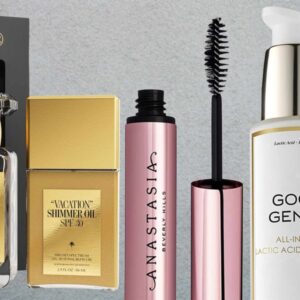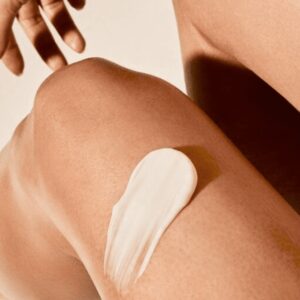
Asya Molochkova / Stocksy
In This Article
Is Air Drying Healthier for Hair? Pros and Cons of Each Who Should Air Dry Who Should Blow Dry The Final Takeaway
Hair is one of our greatest tools for self-expression. But with so many ways to style, color, and manipulate it, it often experiences its fair share of damage. I personally feel unstoppable with a bouncy blowout: It gives me that “ready to take on the world energy.” But my long hair might feel differently after an hour of being pulled and prodded with a dryer and brush. So, I try to prolong the blowout for as long as possible and seek balance with air drying and minimal styling on the days prior and following.
But the question has always lingered: Is air drying that much better for your hair? Are there times when heat styling might even be… beneficial? We consulted hairstylists April Kayganich and Hana Chong to find out. Read on for what they shared.
Meet the Expert
- April Kayganich is a Hairstory network hairstylist.
- Hana Chong is a senior stylist at NYC The Team Hair Salon.
Is Air Drying Healthier for Hair?
Yes, air drying your hair is “absolutely healthier,” says Chong. “There’s no heat involved so there’s no damage.” This likely won’t come as a surprise, given the hair health education accessible at our fingertips and our more-than-likely personal experiences with fried and heat-damaged hair. Studies have proven that heat can cause damage to the hair cuticle, too.
Pros and Cons of Each
That being said, there are pros and cons to both air and blow-drying hair.
The Pros and Cons of Air Drying
Air drying offers “less exposure to heat, so hair is usually healthier,” explains Kayganich. “Plus, it is low maintenance and low effort, so it doesn’t require a lot of time, which is great if you’re busy.”
“The cons of air drying are that, depending on texture and density, it can take a little longer to dry,” she continues. “And hair is more fragile when wet, so it’s more prone to breakage until it dries.”
Chong adds that, depending on outside factors, hair can naturally dry inconsistently in appearance and air drying may result in frizz.
The Pros and Cons of Blow Drying
“The pros of blow drying [are that you can create] different looks with different blow drying techniques,” Chong notes. “Blow drying can give shine and smoothness. You have more control over the outcome and result. The cons of blow drying are the damage hair can experience when overdone and not protected with the correct products, including heat protectant.”
Kayganich also notes that blow drying can cause frizz if the quality of the tool is not up to par.
Who Should Air Dry
While anyone and everyone can choose their path when it comes to drying, the experts note that those with damaged hair are typically better off air drying to prevent further damage. “Air drying is great for people who want to embrace their natural texture because you can set your hair with a product, like hair balm, and then let it dry,” Kayganich adds. “It’s also good for people [with] severely chemically treated hair to prevent further damage and breakage.”
Who Should Blow Dry
The stylists agree that if you're in a pinch and prefer to blow dry, step one is, and should always be, heat protection. "If a client has gone through a lot of coloring and their hair is on the fragile side, they should definitely be very careful if they blow dry their hair," says Chong. "Use of a product that mends, moisturizes, and most importantly protects from heat is crucial. And having their blow dryer on a lower setting [is] helpful as well."
As for when you'll want to consider blow drying, Kayganich shares that it's typically in situations where you plan on manipulating the hair to form a specific way. She recommends using heat-activated products to assist in styling.
The Final Takeaway
The TL;DR recap: Air drying will generally be the healthier route for your hair due to its omission of heat, but blow drying may be beneficial when seeking a specific style or finish. And of course, always use heat protection when you do blow dry.
Article Sources Byrdie takes every opportunity to use high-quality sources, including peer-reviewed studies, to support the facts within our articles. Read our editorial guidelines to learn more about how we keep our content accurate, reliable and trustworthy.
-
Lima CRRC, Couto RAA, Freire TB, et al. Heat-damaged evaluation of virgin hair. J Cosmet Dermatol. 2019;18(6):1885-1892.

